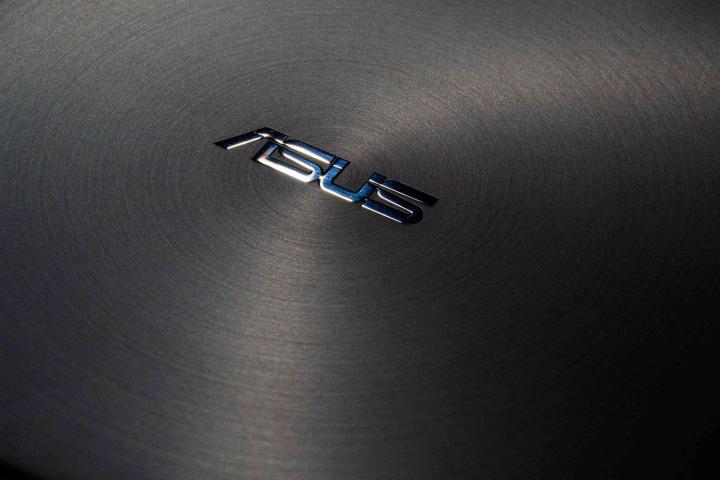
The news comes straight from the horses’ mouth: Asus CEO Jerry Shen. The company chief told Digitimes that the forthcoming phone, dubbed “ZenFone AR,” will launch at the upcoming Consumer Electronics Show 2017 in Las Vegas. “The ZenFone AR will come with advanced functionality and performance at a competitive price,” Shen said.
It will precede the launch of an all-in-one virtual reality device in the third quarter of 2017, one with built-in cameras, sensors, and controllers, Shen said. It will debut ahead of the next series of ZenFone 4-series devices, which the company plans to begin shipping in the second quarter of 2017.
Google describes Project Tango as a “computer vision platform for mobile devices,” a combination of software and hardware that enables smartphones to see the world around them in three dimensions. Tango applications tap that data for augmented-reality experiences — phones can take real-time measurements of a room and produce virtual objects that interact with their real-world surroundings.
It is a level of immersion far beyond what is delivered by stationary headsets like Samsung’s Gear VR, Google Cardboard, and Daydream. Tango applications are spatially aware, meaning a headset wearer can interact with the walls or a room. One prototype has Tango users drop dominoes and other toys onto a physical table, another tasks users with shooting poltergeists that emerge from walls.
The first smartphone to pack Gooogle’s Tango tech, the Phab 2 Pro, went on sale in early November for $500. It launched alongside more than 35 Tango-enabled apps and games, many which were graduates of a Google-backed incubator established to accelerate the advancement of Tango applications. “Over the last few months, we have worked closely with app developers to create a wide variety of smartphone-based augmented reality apps,” Senior Product Manager for Tango Justin Quimby wrote. “Our app incubator program supported a wide range of developers — from Crayola Color Blaster to Ghostly Mansions — to create new ways to do more, play more and explore more with your phone.”
Less is known about the platform that will power self-contained headsets from Asus. Presumably, it will compete with the likes of ZTE, which took the wraps off its proprietary VR platform — the Vision VR — at the IFA consumer electronics show in Berlin. It sports a built-in processor, battery, and wireless chips, and will launch with a library of more than 100 games and videos when it goes on sale in 2017.


